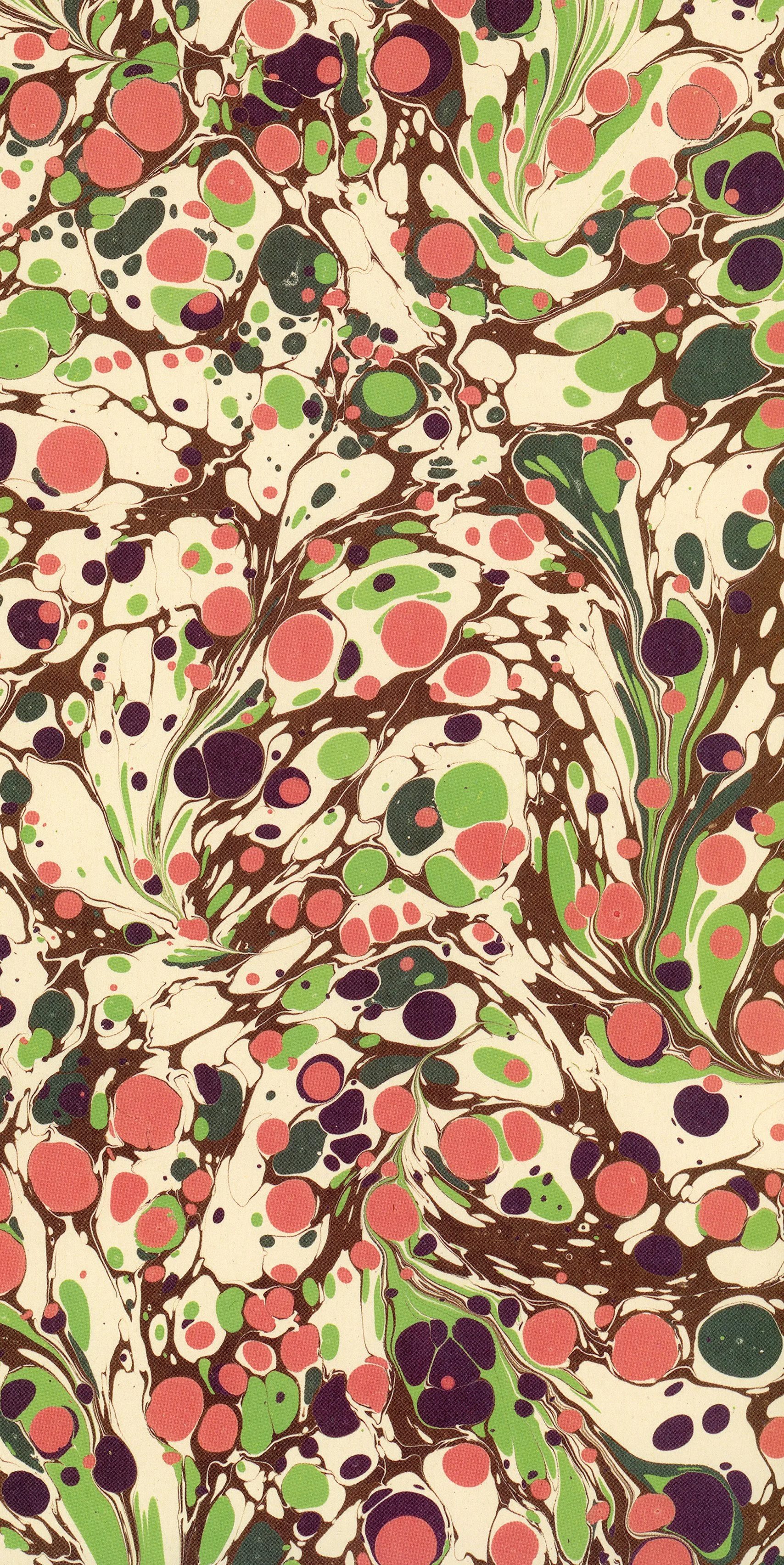
Some people come to therapy because they are ready to understand, heal, and grow. Jack and Margret were two of those people. Their story is not one of inherited emotional tools or ideal upbringings. It is a story of learning how to build what they never received.
From the beginning, their courage was unmistakable. They did not shy away from vulnerability. They showed up. They spoke honestly. They listened carefully. And as they navigated their individual pain and relational patterns, they began creating a new way forward, together.
Margret’s early life was marked by parentification. In a home where stability was scarce, she was expected to act beyond her years, tending to others while her own needs went unnoticed. Over time, she learned to equate love with responsibility. She became hyper-attuned to others' emotions and kept her own carefully hidden. Her sense of worth was often tied to how well she kept the peace.
Jack’s upbringing mirrored this in painful ways. Complex trauma, neglect, and survival strategies taught him to stay small and stay safe. He learned early on that his needs were too much, or simply unwelcome. So he stopped expressing them. Instead, he focused on keeping others comfortable, all while disconnecting from his own emotional world.
Though their childhoods were different, the results were strikingly similar. Both grew up over-functioning for others and under-caring for themselves. And yet, something powerful happened when they chose to step into the work of self-discovery.
Together, Jack and Margret began to name the patterns that no longer served them. They explored the core beliefs they had carried, like "I must earn love" or "My needs do not matter," and started to replace them with something truer. With time and intention, they began to identify their shared values. They both valued honesty. They believed in emotional safety. And they committed to practicing new principles: speaking with openness, listening without judgment, and creating space for both of their voices to matter.
Their relationship became a workshop for growth. It was not perfect, but it was honest. They made room for both pain and progress. And as they realigned their beliefs and values with how they treated themselves and each other, a new kind of self-trust began to take root.
Today, that growth reaches beyond their home. Jack and Margret have become foster parents, choosing to offer what they once lacked: safety, empathy, and a steady presence. Their story is not just about healing. It is about multiplying healing for others.
What Jack and Margret show us is this. Adversity does not disqualify us from growth. It can become the very soil in which new roots are planted. With clarity, care, and courage, we can rewrite the story of who we are and who we are becoming.

